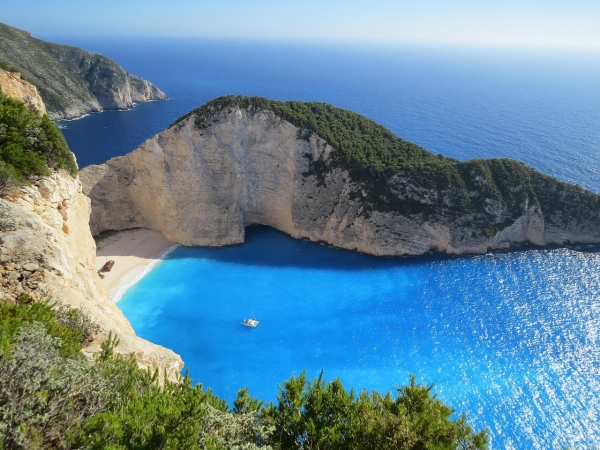Climate change threatens marine and coastal ecosystems in the Mediterranean region.
Climate change threatens marine and coastal ecosystems in the Mediterranean region. Warming, sea level rise, and ocean acidification are occuring there more intensely and rapidly than the global average. A recent study led by GEOMAR Helmholtz Centre for Ocean Research Kiel investigated how strongly marine and coastal ecosystems in the Mediterranean Sea are already at risk, even under comparatively moderate additional warming. For this purpose, 131 scientific studies were evaluated in a thorough meta-analysis. The results have now been published in the journal Scientific Reports.
Temperatures in the Mediterranean are currently rising to record levels. Instead of a refreshing dip, holidaymakers in places like Greece, Italy, and Spain, among other places, are now facing water temperatures up to 28°C or even higher. With an average water temperature of 26.9°C, July 2025 was the warmest since records began for the Mediterranean Sea, according to the Copernicus Earth Observation Service. Warming caused by climate change is considered – alongside stressors such as overfishing, pollution, and habitat destruction – a major factor threatening marine and coastal habitats. “The consequences of warming are not only projections for the future, but very real damages we are witnessing now. The continuing rise in temperatures, sea level and ocean acidification cause severe risks for the environment in and around the Mediterranean Sea,” says Dr. Abed El Rahman Hassoun, Biogeochemical Oceanographer at the Helmholtz Centre for Ocean Research Kiel.
Read more at: Helmholtz Centre for Ocean Research Kiel (GEOMAR)
Photo Credit: moorpheus via Pixabay




